ECPAT’s mission is to end the sexual exploitation and abuse of children around the world, however, this cannot happen without achieving gender equality and fighting for the rights of women and girls worldwide. As noted in the UN Study on Violence against Children [1]:
“Virtually all forms of violence are linked to entrenched gender roles and inequalities, and the violation of the rights of children is closely linked to the status of women.”
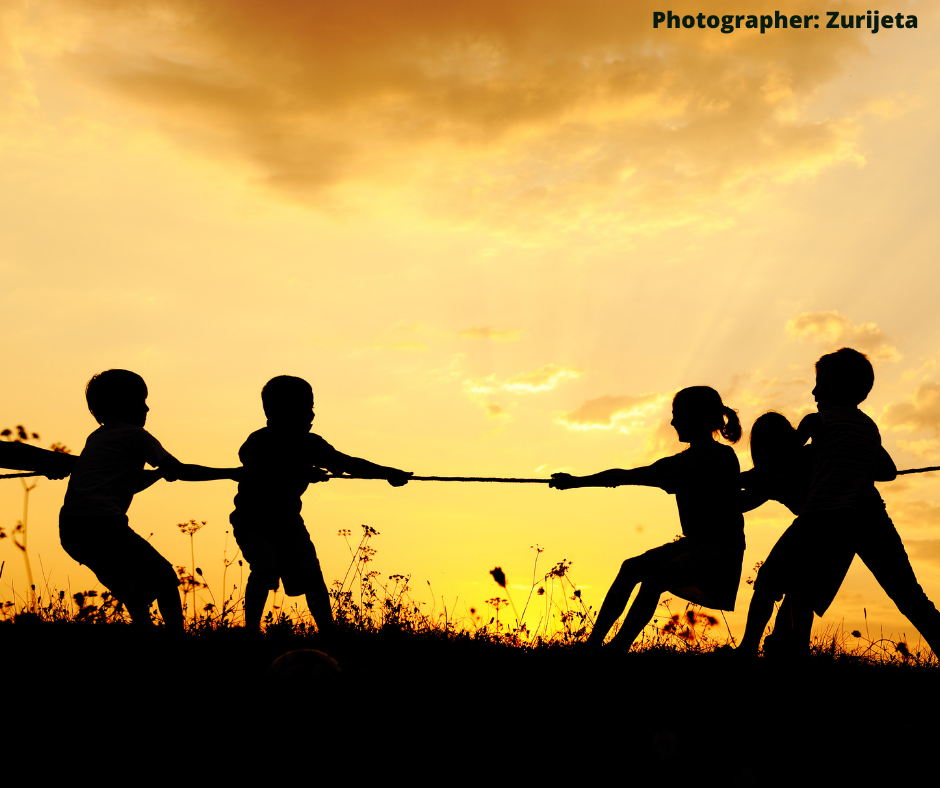
From child, early and forced marriages to child trafficking, the sexual exploitation and abuse of children is also rooted in gender and power imbalances and rigid societal norms. To effectively tackle the issue of child sexual exploitation, it is essential to recognise the harmful effects that this imbalance of power can have on vulnerable members of society – often women and children. Read ECPAT story on power imbalances and the issue of sexual violence against girls as an act of power.
“Power imbalances resulting from gender inequalities have harmful consequences on the lives of children, especially on girls and young women. We must protect children and ensure that they can grow up safe from any form of child sexual exploitation. For this reason, we need Gender Equality now!”
Shrinkhala Thapa
Regional Coordinator for South Asia
Gender equality is a fundamental human right! It is one of the United Nations Sustainable Development Goals to be achieved by 2030 [2]! Yet around the world, hundreds of millions of girls and women are subjected to harmful gender norms and discrimination that often result in unequal opportunities, power imbalances, and exposure to violence [3].
While the road to achieving gender equality remains challenging, 2021 saw some great victories for women and girls’ rights – more countries committed to banning child marriages, and more women took up leadership positions around the world.
The World Health Organization estimated that around 736 million women and girls – nearly one in three – have been subjected to violence at least once in their lives [4]. Sadly, the COVID-19 pandemic has intensified already existing inequalities for women and girls. According to the World Economic Forum, the pandemic has set back gender equality by more than 30 years [5].
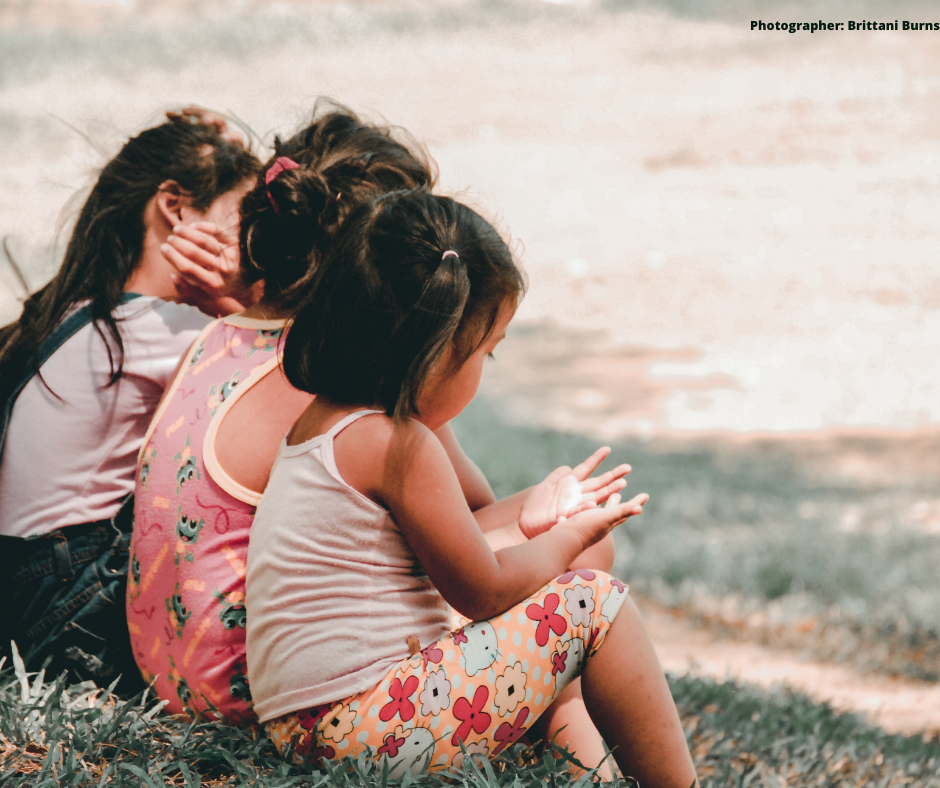
ECPAT and our members across the world are committed to working together to end the sexual exploitation of children, through systematic and social changes. It isn’t enough to denounce these issues, we work with those in positions of power to challenge these damaging gender norms and work to protect children who have been subjected to harmful gender-based crimes such as child sexual exploitation, child abuse, child trafficking, child early and forced marriages, and female genital mutilation. Listen to our podcast on protecting girls’ rights in Asia and Africa.
Adopting a survivor-centred approach is at the forefront of ECPAT’s initiatives. We believe that all children and adult survivors of child sexual abuse and exploitation should feel empowered in speaking up, sharing their stories, with the understanding that their voices matter. We have a shared responsibility to ensure that children feel included and empowered in the conversation and legislative changes, and that changes are being made with their perspectives taken into high account.
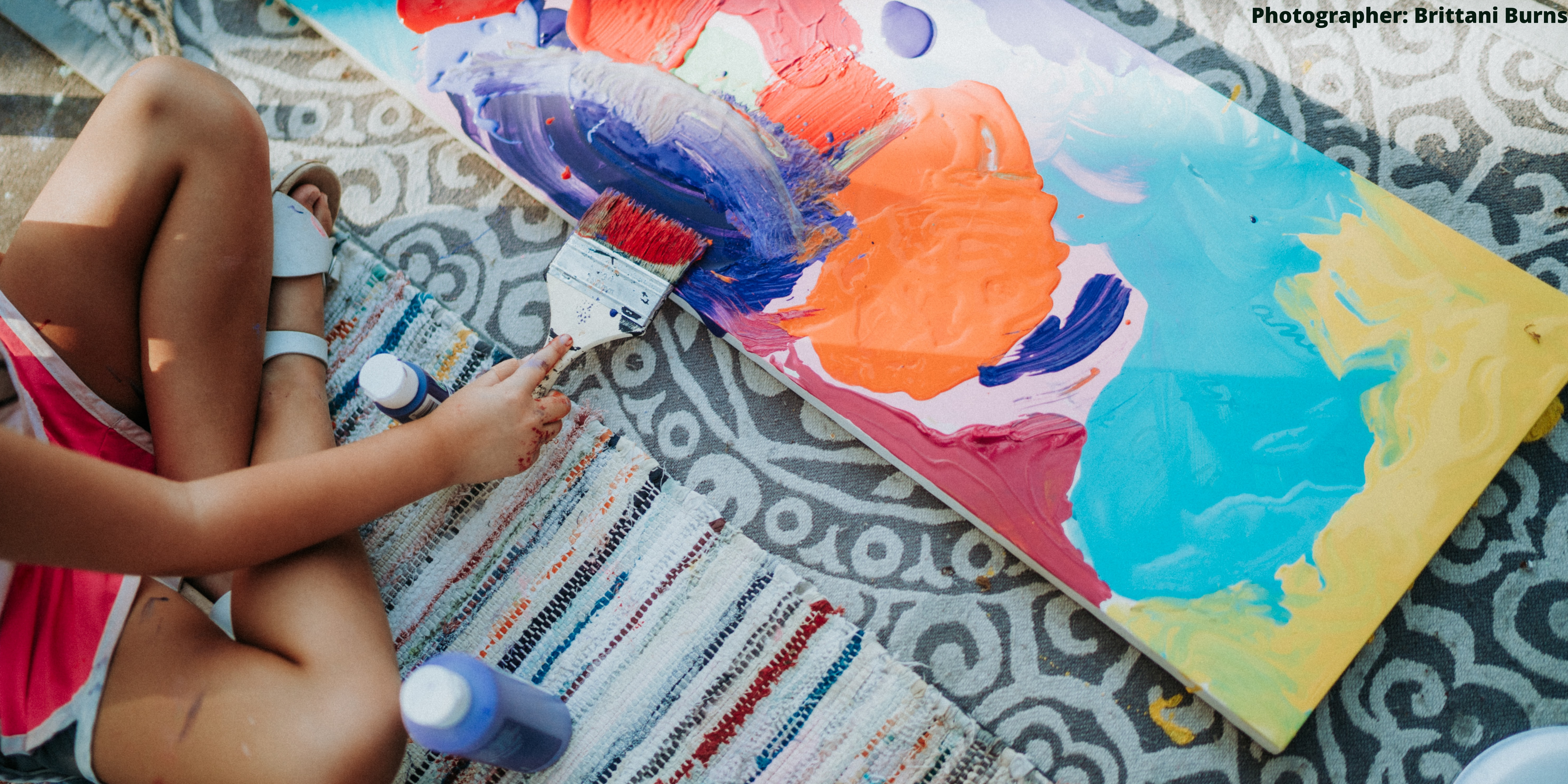
“I thought I have been through the worst but today I have learned that many other women went through the same or even worse situations. I don’t feel alone anymore.”
Conversation Participant, Sierra Leone
ECPAT Survivors’ Perspective is a series of 6 reports that centre on young survivors in research on the increasing problem of child sexual exploitation and abuse online. Ensuring that the voices of children who have had experiences of child sexual exploitation and abuse online are part of the evidence, enables child-centred and informed approaches that better prevent this issue from occurring.
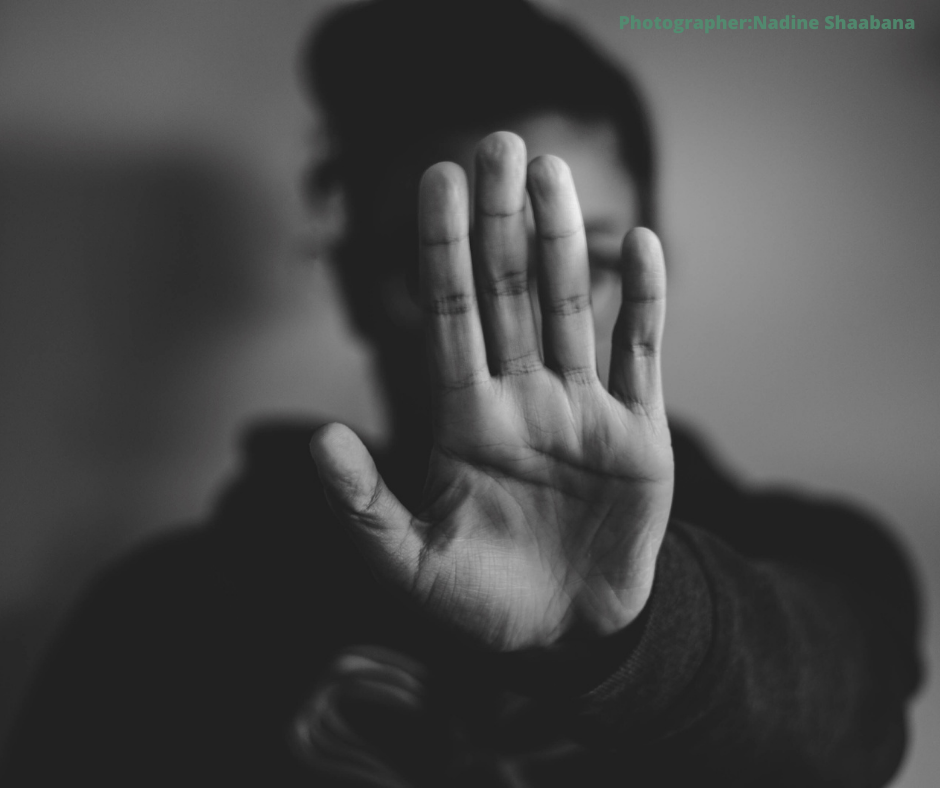
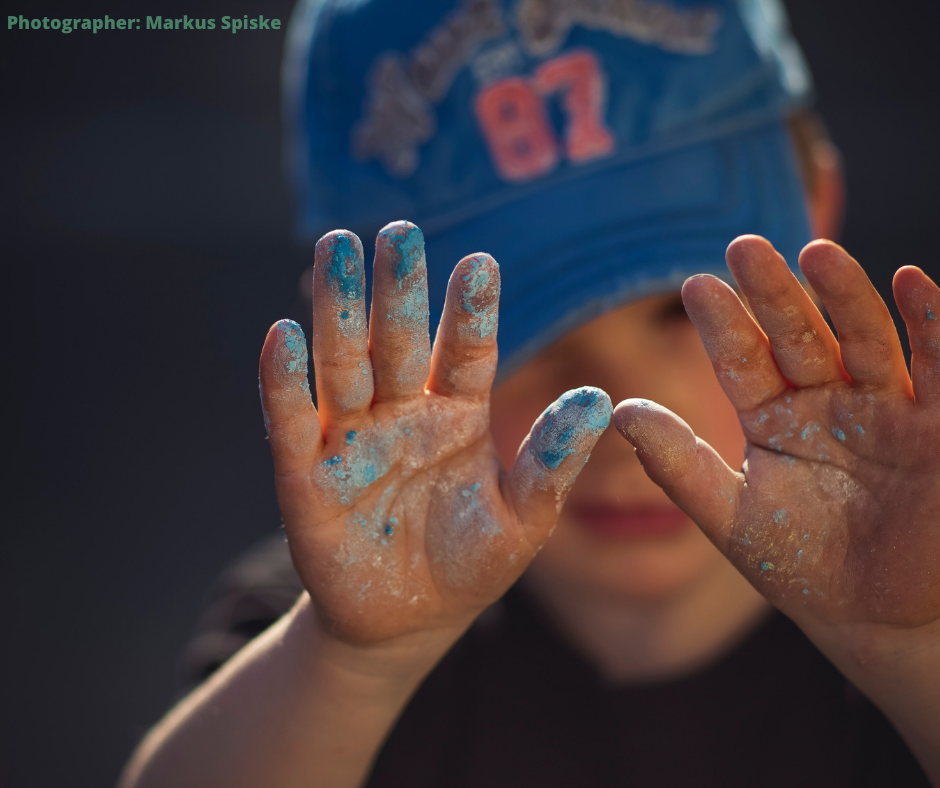
“We will come together, fight together and bring an end to this crime.”
Conversation Participant, India
Gender norms affect every aspect of society but too often they create the space where the needs of children, both girls and boys, are invalidated [6]. Despite changes in the way gender is being discussed, rigidly defined gender norms put pressure on boys to ignore or their minimise emotional pain. Sadly, when it comes to child protection, the particular needs of young boys are overlooked when it comes to child sexual exploitation and abuse, with research and support services for boys being extremely rare. Power imbalances and intersectional vulnerabilities, such as lack of access to proper education and poverty, also add to increase the risk of sexual exploitation of boys.
With this in mind, ECPAT International launched the Global Boys Initiative to study the sexual exploitation of boys across 10 countries by engaging with male survivors and social service providers.
Disrupting Harm aims to assess the contexts and collect children’s perspectives on online child sexual exploitation and abuse in 13 countries in Southeast Asia and Eastern and Southern Africa. Conversations were held with young people between 16 and 24 years to understand survivors’ experiences of online child sexual exploitation with questions specifically designed to give the young person full control over what was discussed.

[1] UNICEF – Gender dimensions of Violence against Children and Adolescents
[2] UN Sustainable Development Goals – Goal 5: Achieve gender equality and empower all women and girls
[4] World Health Organization – Devastatingly pervasive: 1 in 3 women globally experience violence
[5] The World Economic Forum – Global Gender Gap Report 2021
[6] ECPAT International – Boys in Pakistan are subjected to harmful social and gender norms